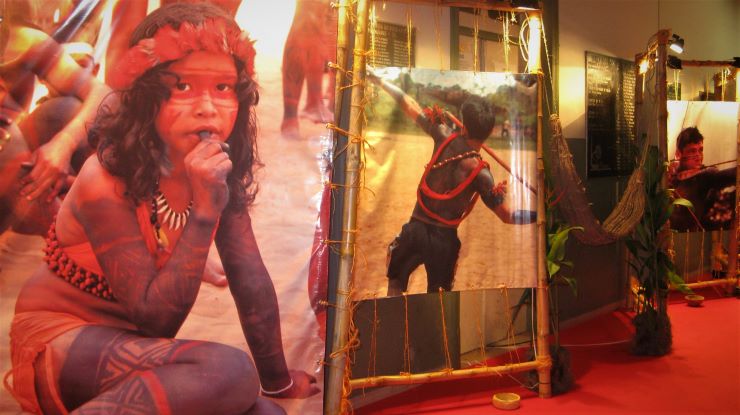Even as Canada deals with the demons of its past brutality—the genocide of native people by the State and the church—its southern neighbour, the US is also trudging on a similar path.
On July 14, the exhumed remains of nine indigenous American children, who had died more than 100 years back in a government-run school in Pennsylvania, were handed back to their tribe—Rosebud Sioux. The ceremony took place at the graveyard of the US Army's Carlisle Barracks. The tribe will now rebury the remains according to their customs and traditions in their lands—small designated areas that confine indigenous communities in the US, reports American news agency Associated Press.
This was in a series of many such efforts since 2016, in which native Americans are bringing back the bodies of their ancestors, mostly children, from the cemeteries of residential schools run by the church and managed by the American government. They want to give their ancestors a dignified last farewell according to their customs and on their sacred lands.
I am grateful to have participated in a U.S. Army ceremony today with the Rosebud and Ogala Sioux Tribes to return the children who died at the Carlisle Indian School. I am committed to elevating this tragic history so that we can build a better future for our children. pic.twitter.com/O5GCARkOX7
— Secretary Deb Haaland (@SecDebHaaland) July 14, 2021
“We want our children home no matter how long it takes,” said US Interior Secretary Deb Haaland, who announced a nationwide investigation into the boarding schools that attempted to assimilate Indigenous children into white society. The investigation has been catalysed by the findings of mass graves of indigenous children in Canada's Catholic boarding schools.
Lately, native Americans in both Canada and the US are increasingly beginning to ask about the lives of their ancestors, who as children were forcibly taken away from their families to be 'assimilated and converted' at church-run residential schools. Assimilation meant giving them new names, converting them to Christianity, cutting their hair, forcing them to speak English and erasing their traditions and customs.
In this process of assimilating the children, described as cultural genocide by the native leaders, the children were beaten up, treated cruelly and, sometimes, had to face sexual abuse. Forcibly taken away from their families, the children faced tough conditions, a harsh unfriendly environment, disease and death.
Read More: Of mass graves, indigenous people and the Church: Is Canada facing its moment of truth?
Read More: Third mass grave of children in Canada – the dead speak up about Christianity and conversions
The pace of questioning and finding out about their past has quickened with the entry of Haaland—the first Native American to serve as a cabinet secretary. As a member of the native American community, she is a member of the Pueblo of Laguna and a 35th generation New Mexican. Haaland's entry into mainstream US politics has fuelled hope that the long-suppressed native American people will get their due.
The indigenous people in the US—the world's foremost power for decades and a land teeming with philanthropy foundations—are still asking for employment, education and healthcare. They have no say in decision-making and have no rights over the ownership of their sacred lands.
Despite decades between today's indigenous people and their ancestors, the young generation retains painful memories of what happened to their grandparents and great grandparents in boarding schools. Now the native Americans are asking for a probe into their ancestors' lives, just as the indigenous people in Canada have done—set up a committee to investigate crimes by both—the church and the State.




















